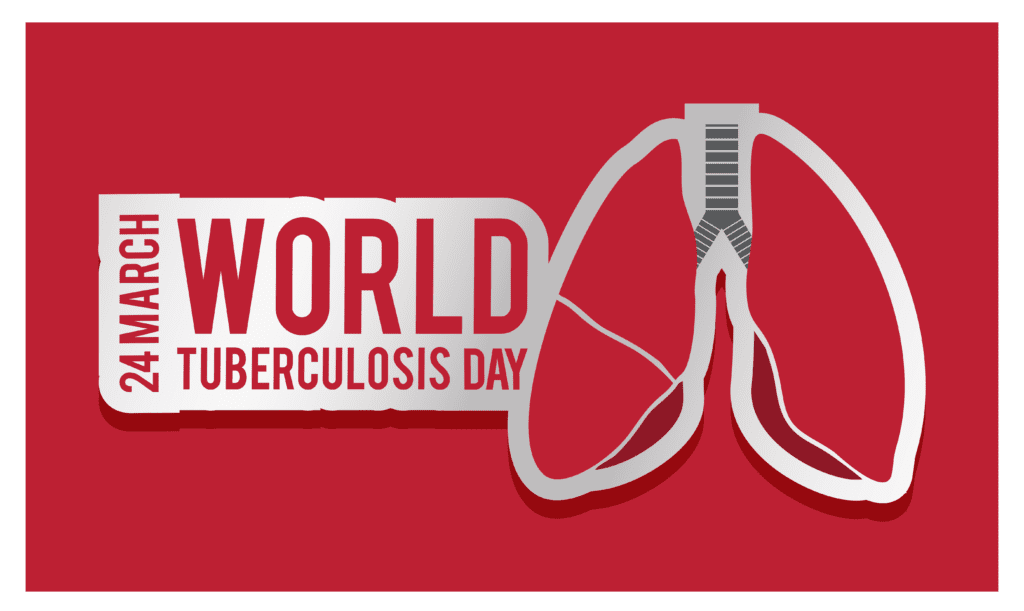The World Health Organization (WHO) has announced an expansion of its five-year-old initiative aimed at eradicating tuberculosis (TB) by 2030, as the number of TB deaths increased last year due to the COVID-19 pandemic, conflicts, and other crises.
Although deaths from TB have decreased globally by nearly 40% since 2000, 1.6 million people die annually, and millions more are affected. On the eve of World Tuberculosis Day, the WHO Director-General’s Flagship Initiative on TB, established in 2018 to advance research and increase access to services, will now be expanded and extended through 2027 to scale up delivery of quality care to people living with TB through equitable access to rapid diagnostics and shorter all-oral treatment.
Moreover, the WHO has also proposed the establishment of a TB Vaccine Acceleration Council to address the pressing need for investment, particularly in new vaccine development. The current TB vaccine is more than a century old and does not adequately protect young people and adults, who account for most TB transmissions.
“We need to make the tools we have available to more people. But we also need new tools,” said WHO chief Tedros Adhanom Ghebreyesus.
“Increasing drug resistance is undermining the effectiveness of some medicines that are used to treat TB.”
On the other hand, the theme of World TB Day 2023, ‘Yes! We can end TB!’, conveys a message of hope that ending the TB epidemic is possible through high-level leadership, increased investments, faster uptake of new WHO recommendations and adoption of innovations, accelerated action, and multisectoral collaboration.
Heads of State and other leaders will prioritize TB at the upcoming UN General Assembly High-Level Meeting on TB in September. It will provide a strong impetus to step up progress against this ancient disease.
This year, World TB Day shines a spotlight on urging countries to ramp up progress in the lead-up to the 2023 UN High-Level Meeting on TB. WHO has also issued a call to action with partners urging Member States to accelerate the rollout of the new WHO-recommended shorter all-oral treatment regimens for drug-resistant TB.
TB remains a pressing health concern that requires urgent action and accountability to tackle the key drivers of the TB epidemic, such as poverty, undernourishment, diabetes, HIV, tobacco and alcohol use, and poor living and working conditions.


